An interview with Brazilian designer Brunno Jahara
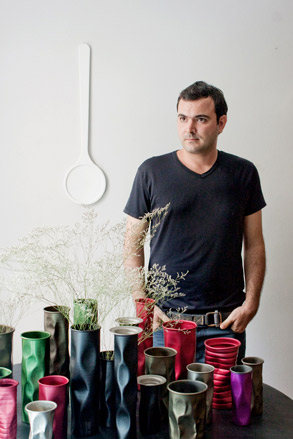
Six years ago Brunno Jahara left Brazil to pursue a design career in Europe. Six months ago he moved back. His decision -- purely professional -- was inspired by the fresh new creative energy he experienced while on a quick vacation back to Sao Paolo. Today Brazil, says Jahara, is a land flowing with design opportunity.
Already fully set up in a cosy live/work affair slap bang in the centre of Sao Paolo's bohemian Pinheiros district, Jahara has procured a small house and transformed it. Comprising a homely showroom and atelier in a perspective-warping patchwork of materials, stripes, bright graphics and cartoon colours, it's Jaraha World, Brazil style. In Pinheiros he is surrounded by other artists studios and vintage furniture stores, and is happily handy for the Benedito Calixto flea market of a Saturday, or the Choque Cultural street art gallery should the mood take.
Even to the point that his next door neighbours are keen jazz musicians, the vibe is New York SoHo in the 1960s, or London Shoreditch in the late 1990s. More low level humming than outright buzzing, the area's soundtrack is of the sort that developers elsewhere in the world spend millions trying to recreate, but for real.
Jahara Studio's debut collection -- a line of vases, hanging lamps, bowls and trays in hammered anodized aluminum -- launched in Milan in April and is already selling well. Called Batucada (a Portugese word for a percussion beat used in Carnival parties), the forms are the tins and pans used by Brazil's poorer communities in the favelas to create makeshift musical instruments.
More than a simple exercise in favela chic, however, Jahara wants to draw attention to Brazil's abundant resources as much as its people's resourcefulness. Here, he explains, 98 per cent of aluminium produced is recycled. Brazil is a world leader in this respect, largely due to the country's considerable network of 'catadores' who work to extract recyclable materials from rubbish tips.
Born and raised in Rio de Janeiro, Jahara studied industrial design at Brasilia University, before moving to Italy for a stint at Venice University of Architecture and two years at Fabrica. Mentors, colleagues and influential encounters during this time included Aldo Cibic, Jaime Hayon, Jurgen Bey and Matali Crasset, while he also learned about the production methods employed in Italian factories, and -- thanks to a considerable amount of time spent in Amsterdam - the creative thinking behind so much great Dutch design.
This education, mixed with his own "chaotic input of Brazilian design" provides a distinct and multicultural mix of flavours in the Jahara Studio brand already. "I believe in this mix, where I can design something that communicates to people all over the world," he says. "I want to find design solutions that find a balance between sustainability, innovation and craftsmanship -- whether that is in a great sofa, a bathroom system or a new collection of lamps."
Wallpaper* Newsletter
Receive our daily digest of inspiration, escapism and design stories from around the world direct to your inbox.
A second collection of products sees contemporary interpretations of classic Brazilian cookware and tableware - iconic objects from colonial and pre-colonial times that are recognizable by any native, the range includes the Gamela (a fruit bowl or center piece), the Pilão (used to make caipirinhas) and a "bourgeois cake stand". All have been scaled up, smoothed out, and carefully rendered in white Corian. He is also developing a new furniture series - a flat pack foldable system again in recycled aluminum and mixed with handmade recycled fabrics indigenous to Brazil.
Focusing for the moment on self production he is working to find the partners to help him distribute his designs internationally. But for the moment the big opportunity is at home. The challenges -- and opportunities - for Brazilian designers are manifold: "It's a new country in full expansion, so there is so much space to change, create and invent," he says. "There is a lot of room for innovation, new ways of seeing the material world that shapes our future here. The market is big and we need to design good products that can make a difference."
Designers in Brazil still have so many issues to address, according to Jahara, who cites urban furniture, transportation and sustainable design as examples. "We have a challenge to keep the amazing natural resources of Brazil in the right place," he says. "Right now there is a lot of demand for great designers to create for the local and international market."
When Jahara left Brazil, "hardly anyone knew what a designer was, what they did. Now, with information so accessible and the economy so good the situation is so much better. Our challenge -- as such a multicultural country -- is to build our design identity." It's a big task to undertake, but he is in the right place to make a go of it.
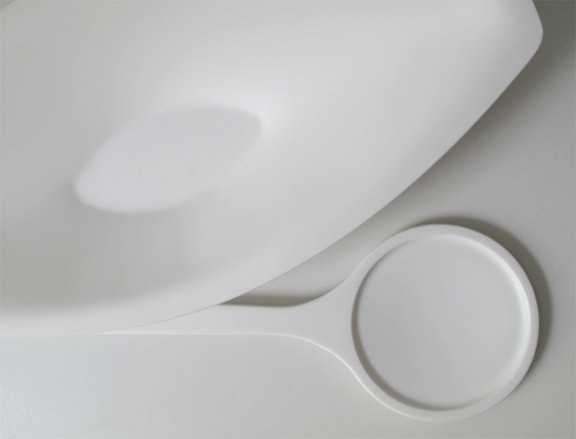
Gamela and Colher, iconic objects made in Corian and inspired by simple wooden articles from the Brazilian colonialist period
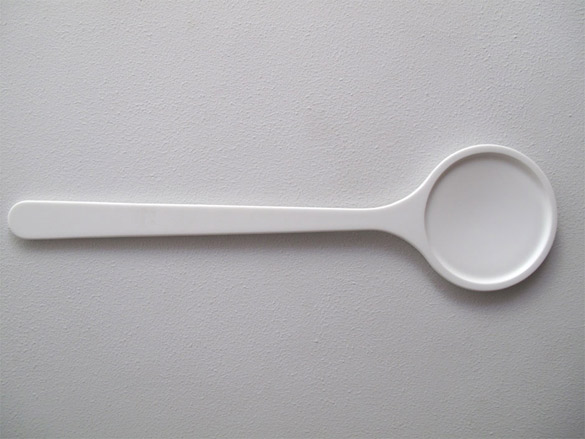
Colher, the oversized spoon, can be used on the wall or the table
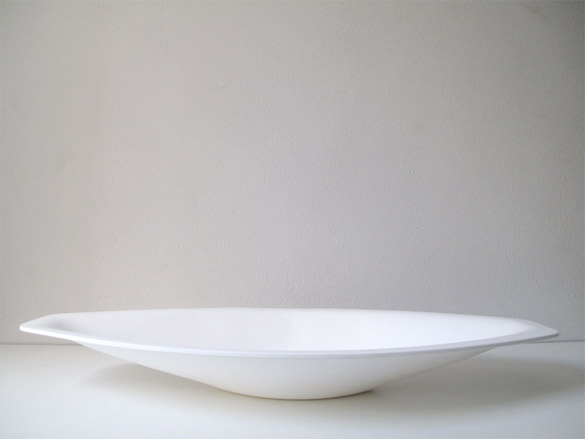
Gamela, the fruit bowl
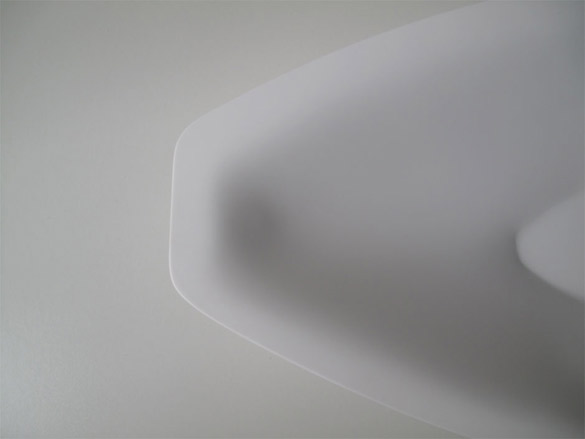
Gamela
Henrietta Thompson is a London-based writer, curator, and consultant specialising in design, art and interiors. A longstanding contributor and editor at Wallpaper*, she has spent over 20 years exploring the transformative power of creativity and design on the way we live. She is the author of several books including The Art of Timeless Spaces, and has worked with some of the world’s leading luxury brands, as well as curating major cultural initiatives and design showcases around the world.
-
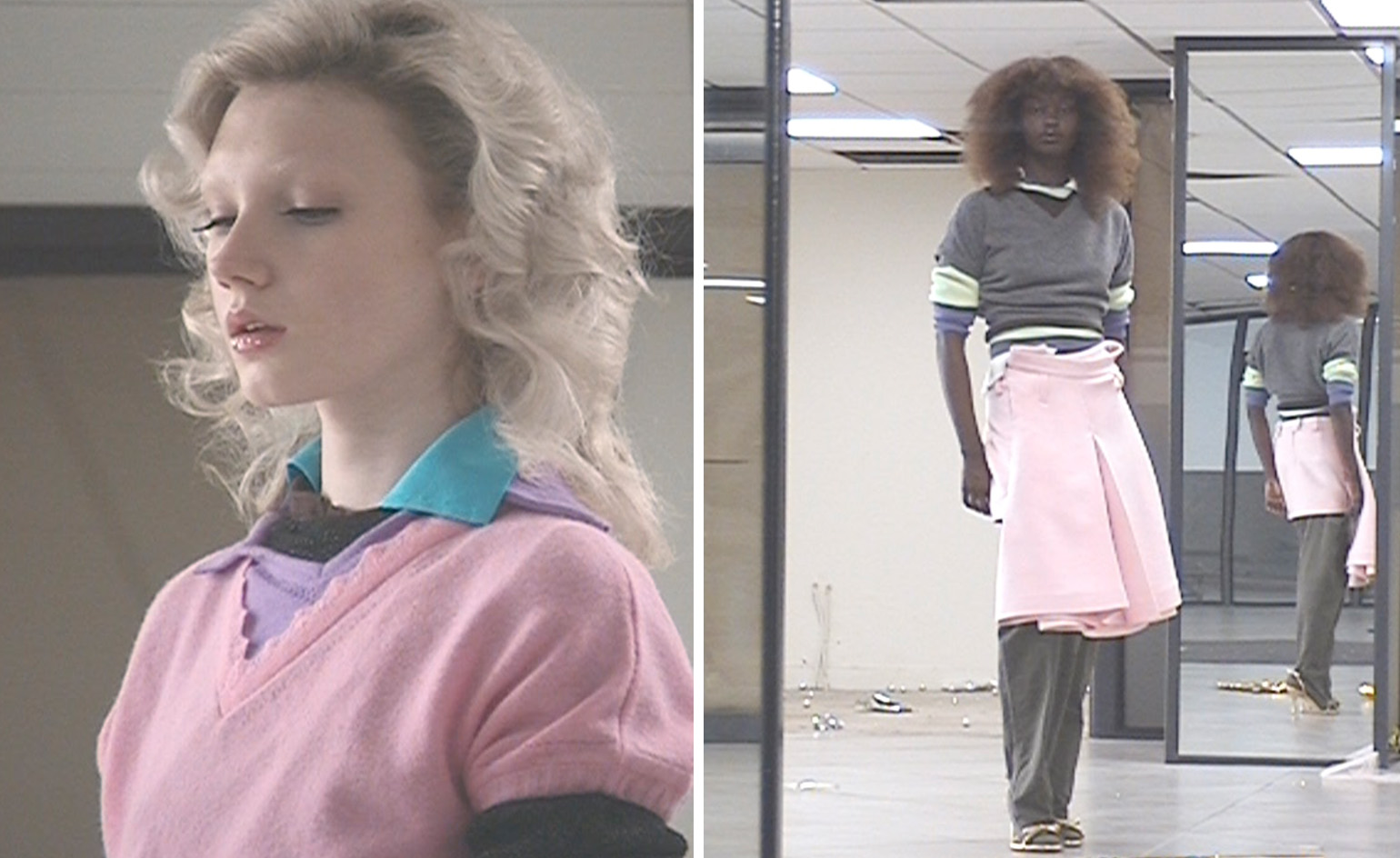 All-In is the Paris-based label making full-force fashion for main character dressing
All-In is the Paris-based label making full-force fashion for main character dressingPart of our monthly Uprising series, Wallpaper* meets Benjamin Barron and Bror August Vestbø of All-In, the LVMH Prize-nominated label which bases its collections on a riotous cast of characters – real and imagined
By Orla Brennan
-
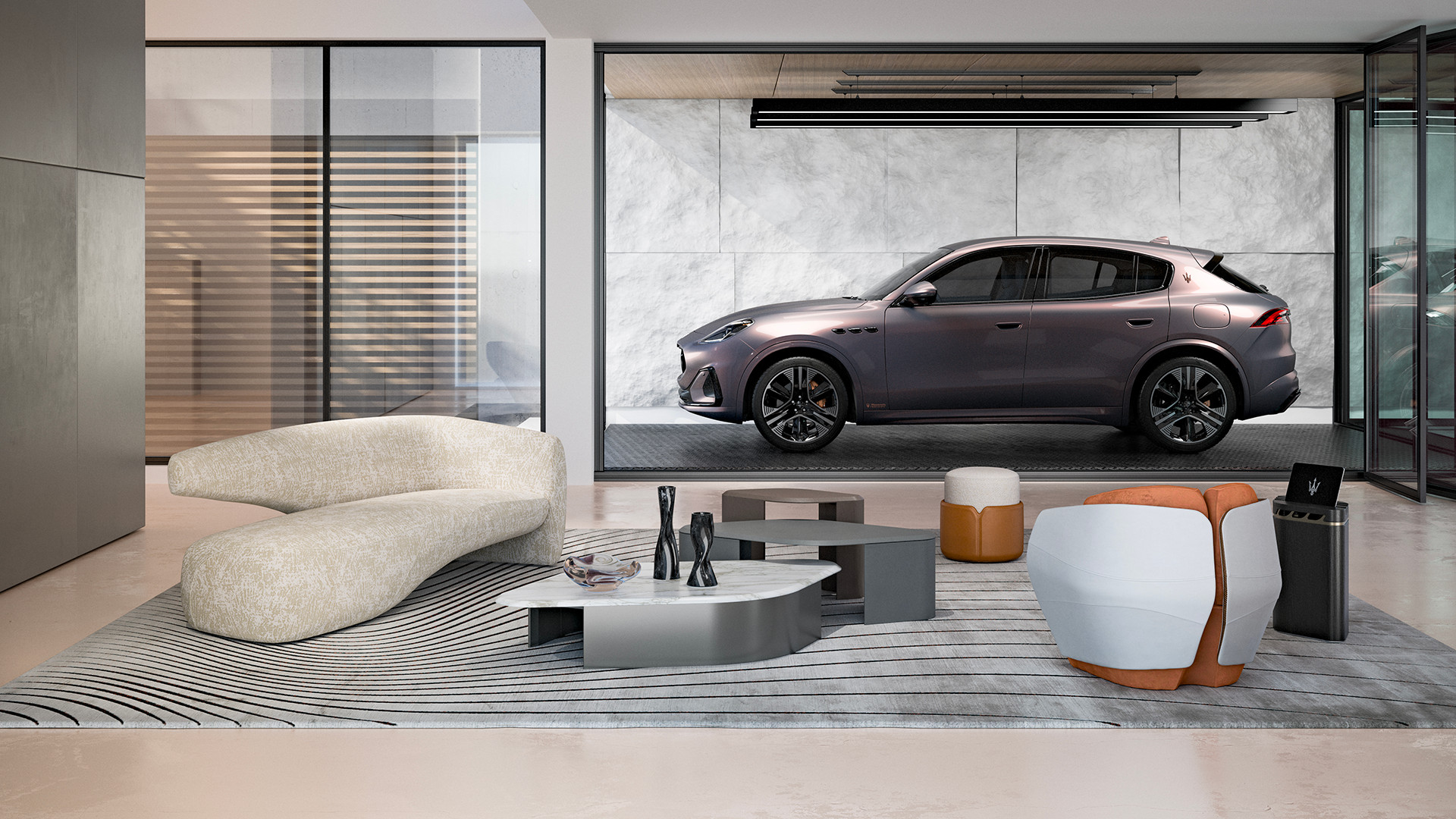 Maserati joins forces with Giorgetti for a turbo-charged relationship
Maserati joins forces with Giorgetti for a turbo-charged relationshipAnnouncing their marriage during Milan Design Week, the brands unveiled a collection, a car and a long term commitment
By Hugo Macdonald
-
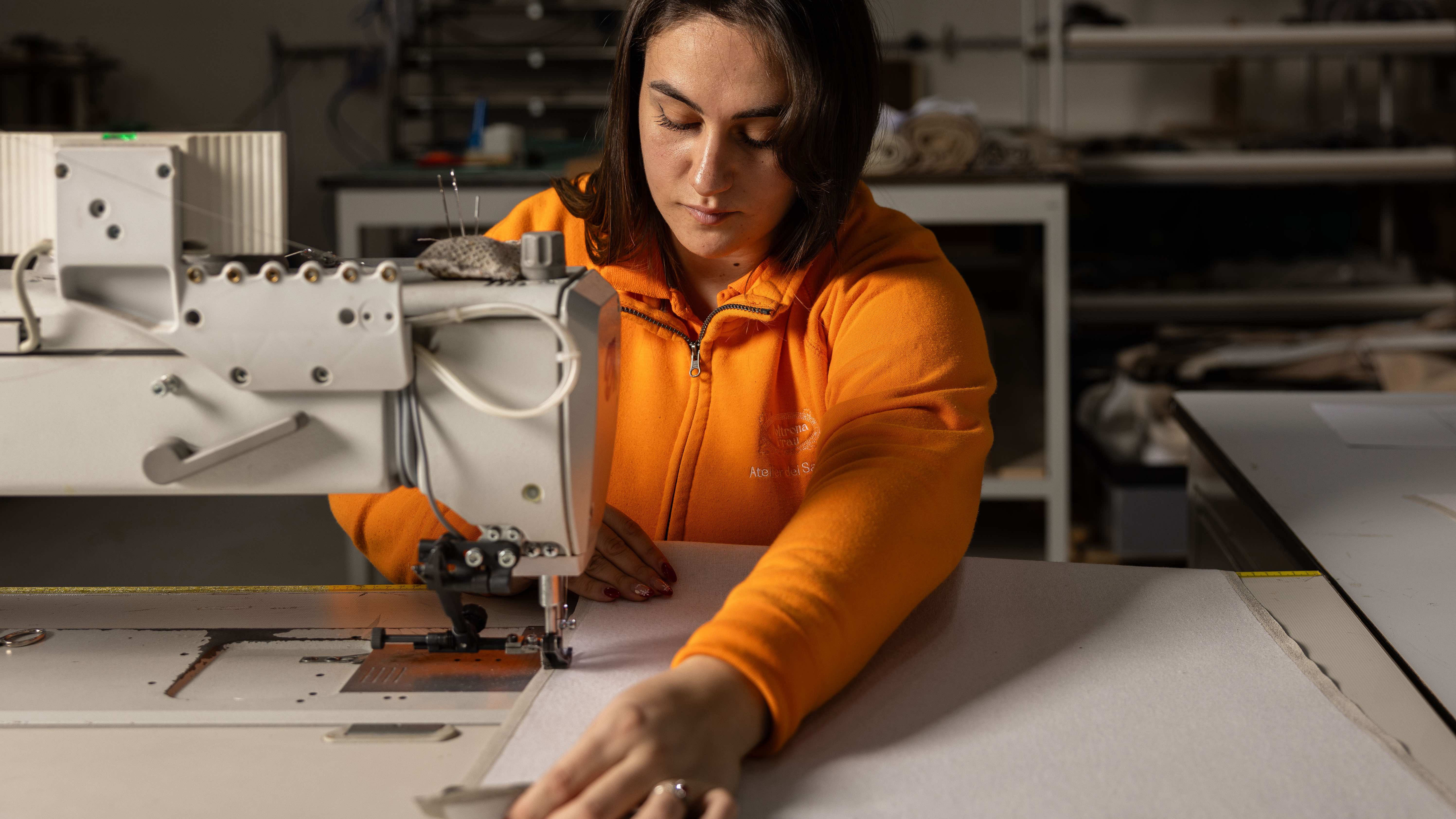 Through an innovative new training program, Poltrona Frau aims to safeguard Italian craft
Through an innovative new training program, Poltrona Frau aims to safeguard Italian craftThe heritage furniture manufacturer is training a new generation of leather artisans
By Cristina Kiran Piotti
-
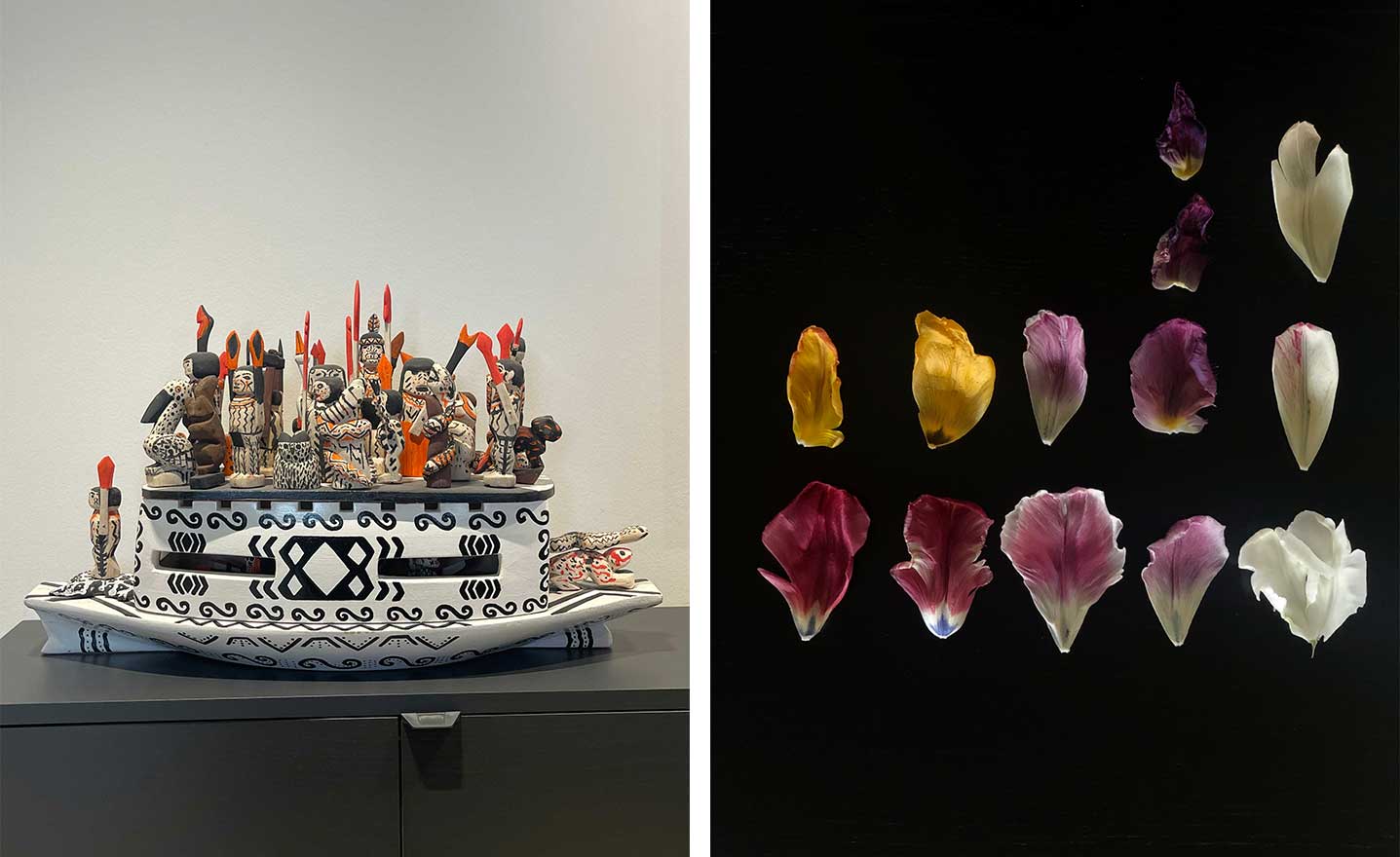 At home with designer Sebastian Herkner
At home with designer Sebastian HerknerSebastian Herkner finds inspiration in his extensive travels around the globe and the spirit of optimism of his adopted hometown of Offenbach
By Rosa Bertoli
-
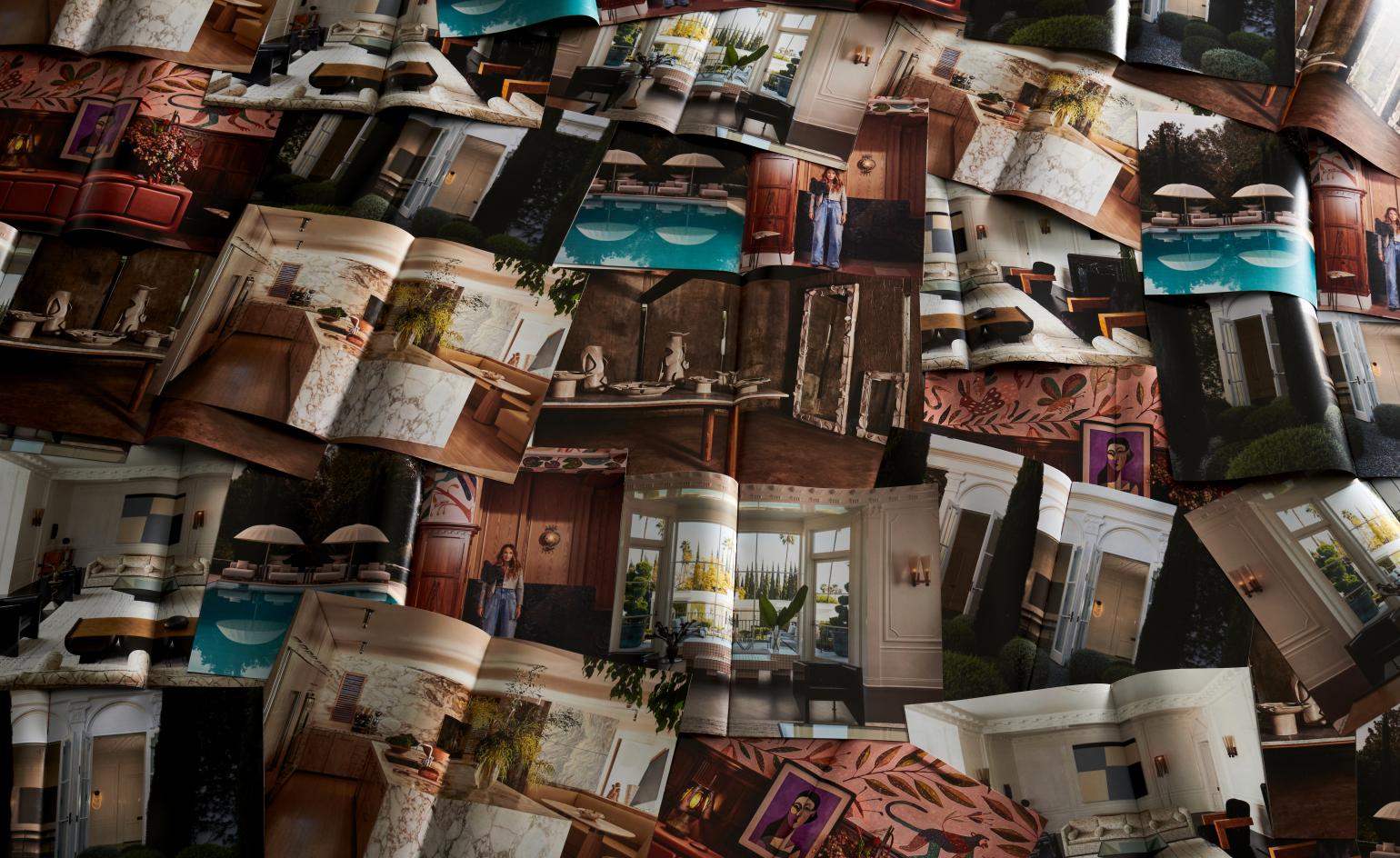 At home with Kelly Wearstler
At home with Kelly WearstlerAmerican designer Kelly Wearstler talks about her approach to interiors, her California homes, favourite LA spots, creative inspiration and more
By Rosa Bertoli
-
 Ritesh Gupta’s Useful School: ‘Creative education needs to centre on people of colour’
Ritesh Gupta’s Useful School: ‘Creative education needs to centre on people of colour’Creative industry veteran Ritesh Gupta on launching Useful School, a new virtual learning platform that puts people of colour front and centre
By Pei-Ru Keh
-
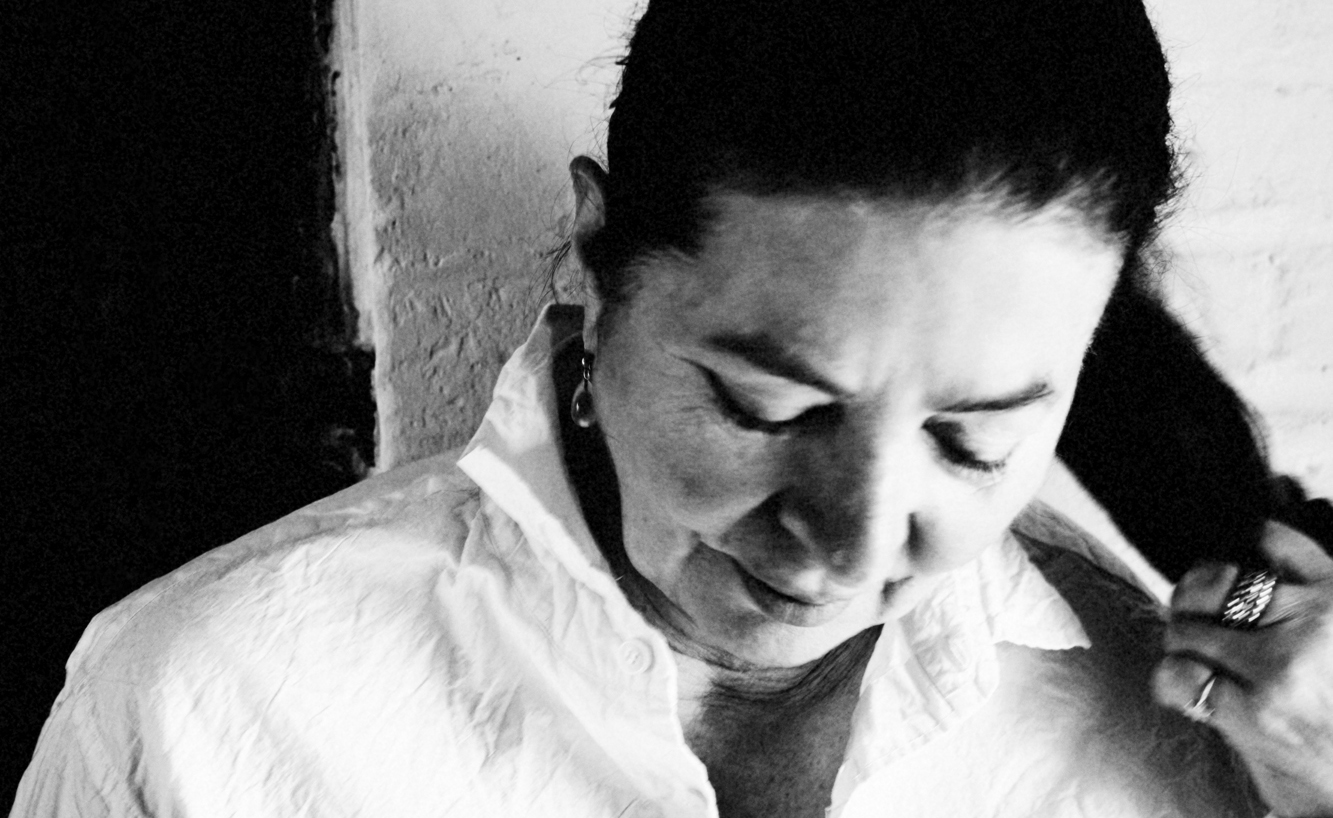 Ilse Crawford judges Wallpaper* Design Awards 2022
Ilse Crawford judges Wallpaper* Design Awards 2022London Design Medal laureate Ilse Crawford – part of the six-strong jury for the Judges’ Awards, the Wallpaper* Design Awards’ highest honours – on design for a better reality, and our worthy winners
By Rosa Bertoli
-
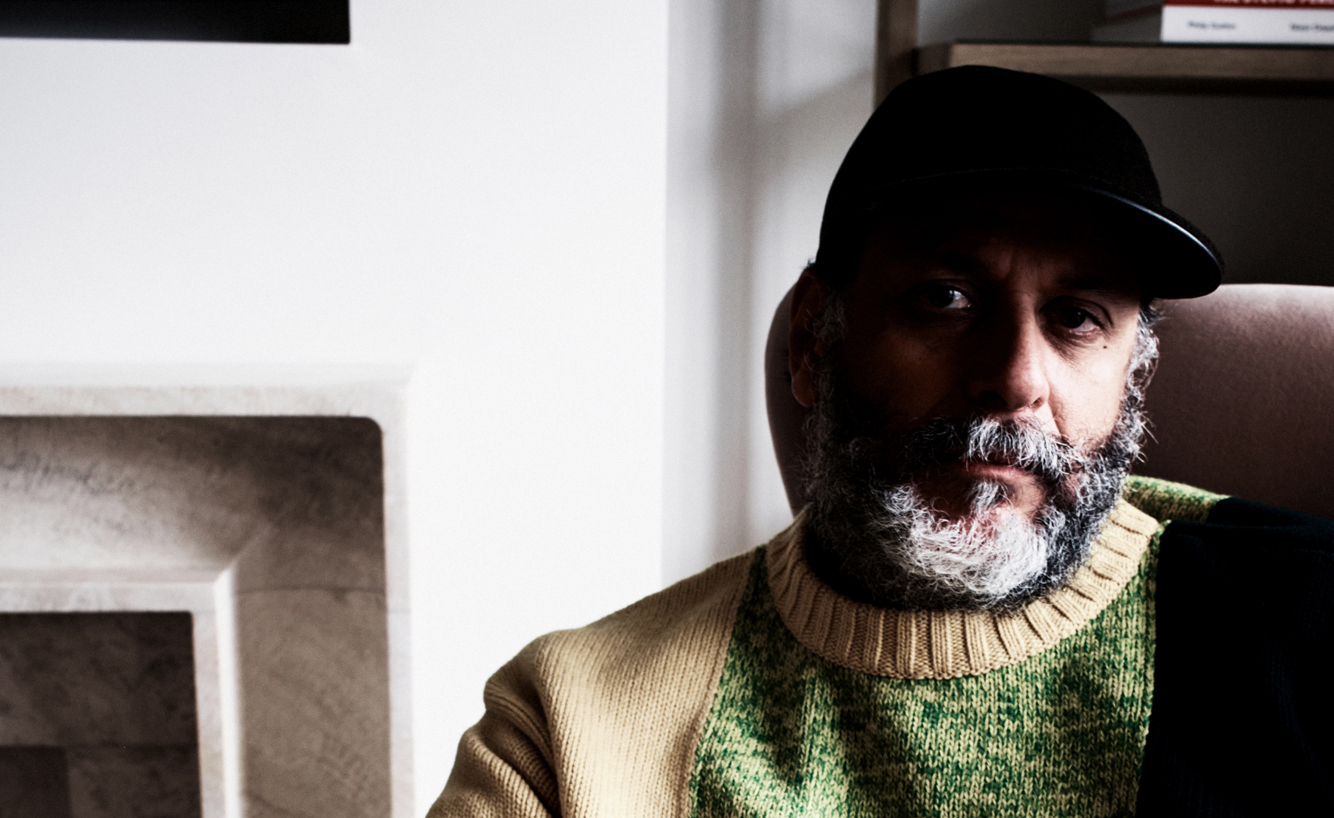 Luca Guadagnino judges Wallpaper* Design Awards 2022
Luca Guadagnino judges Wallpaper* Design Awards 2022Italian film director Luca Guadagnino, who recently expanded his work into design and interiors, talks about his projects and judging the Wallpaper* Design Awards 2022
By Laura Rysman
-
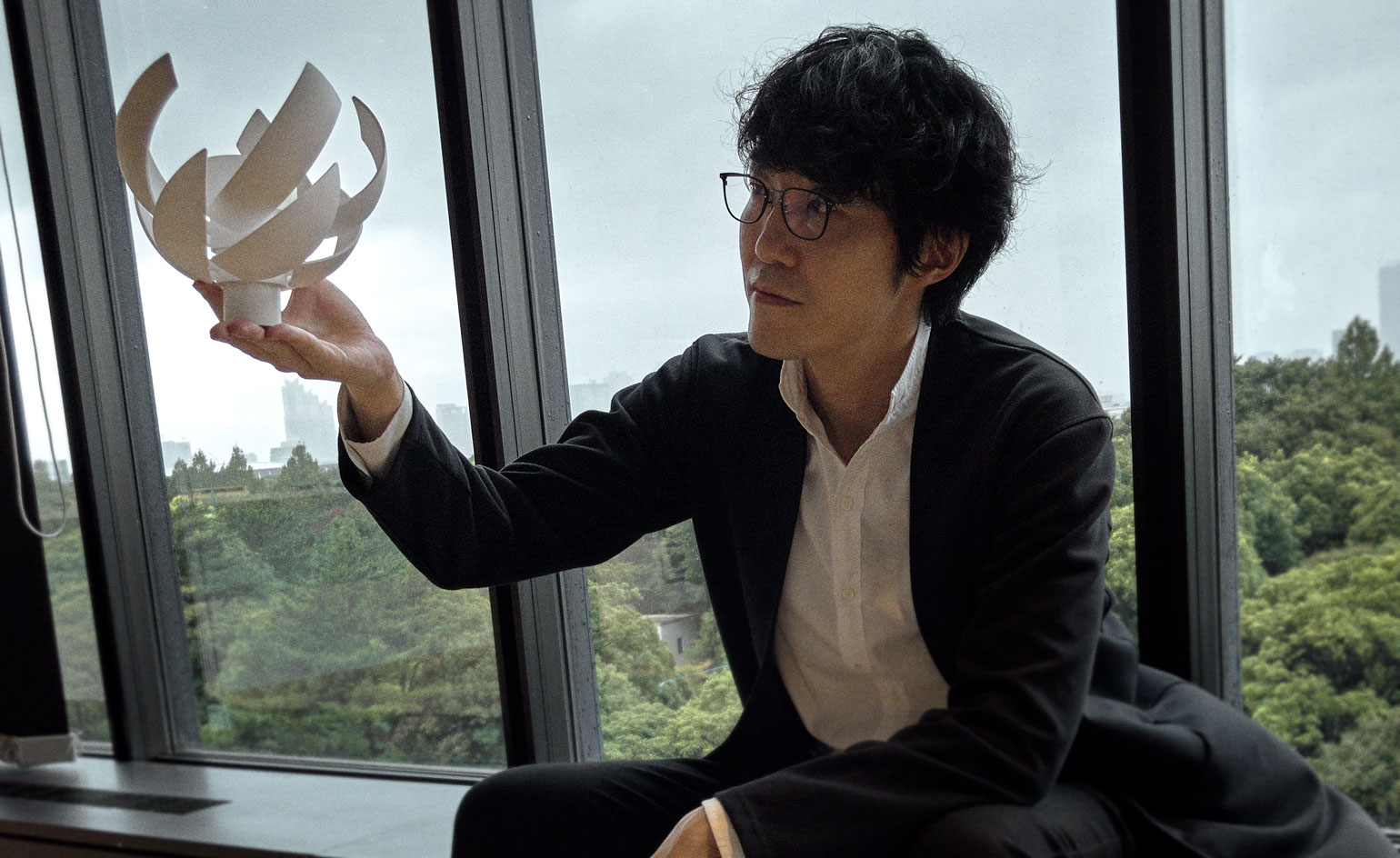 Nendo’s Oki Sato on challenges, new talent, and ‘taking the difficult way’
Nendo’s Oki Sato on challenges, new talent, and ‘taking the difficult way’Oki Sato, founder of prolific Japanese studio Nendo, reflects on past and present challenges – including designing Tokyo’s Olympic cauldron – and, for Wallpaper’s 25th Anniversary Issue ‘5x5’ project, selects five young talents ready to pick up the torch
By Danielle Demetriou
-
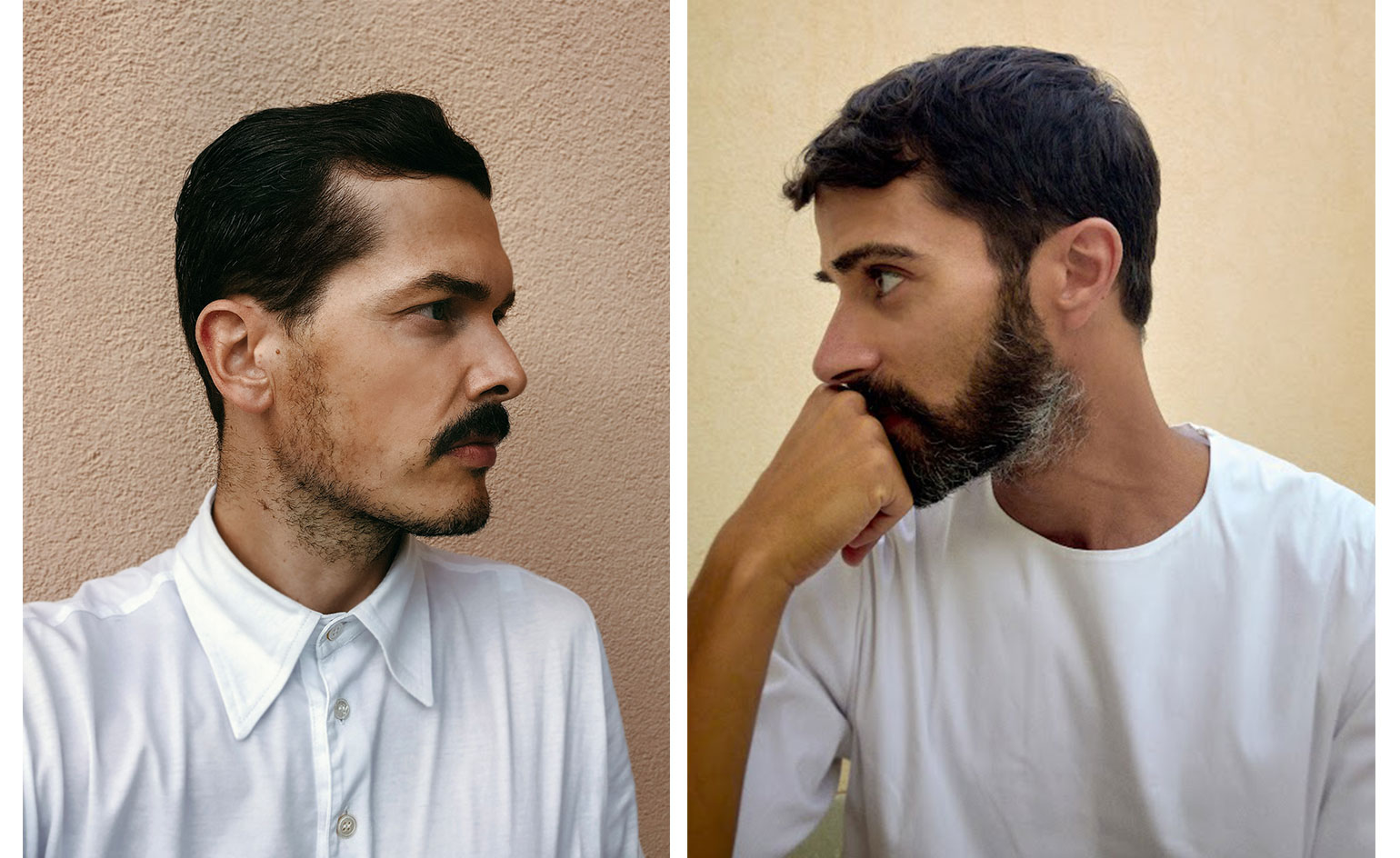 Formafantasma on their GEO-Design master’s programme, and designers thinking big
Formafantasma on their GEO-Design master’s programme, and designers thinking bigThe Italian design duo – and Designer of the Year in the 2021 Wallpaper* Design Awards – are among our featured visionaries in ‘5x5’, Wallpaper's 25th anniversary project. They discuss their first year heading the GEO-Design master’s programme at Design Academy Eindhoven, educating students for a changing world, and their pick of five creative leaders of the future who are expanding the practice of design
By TF Chan
-
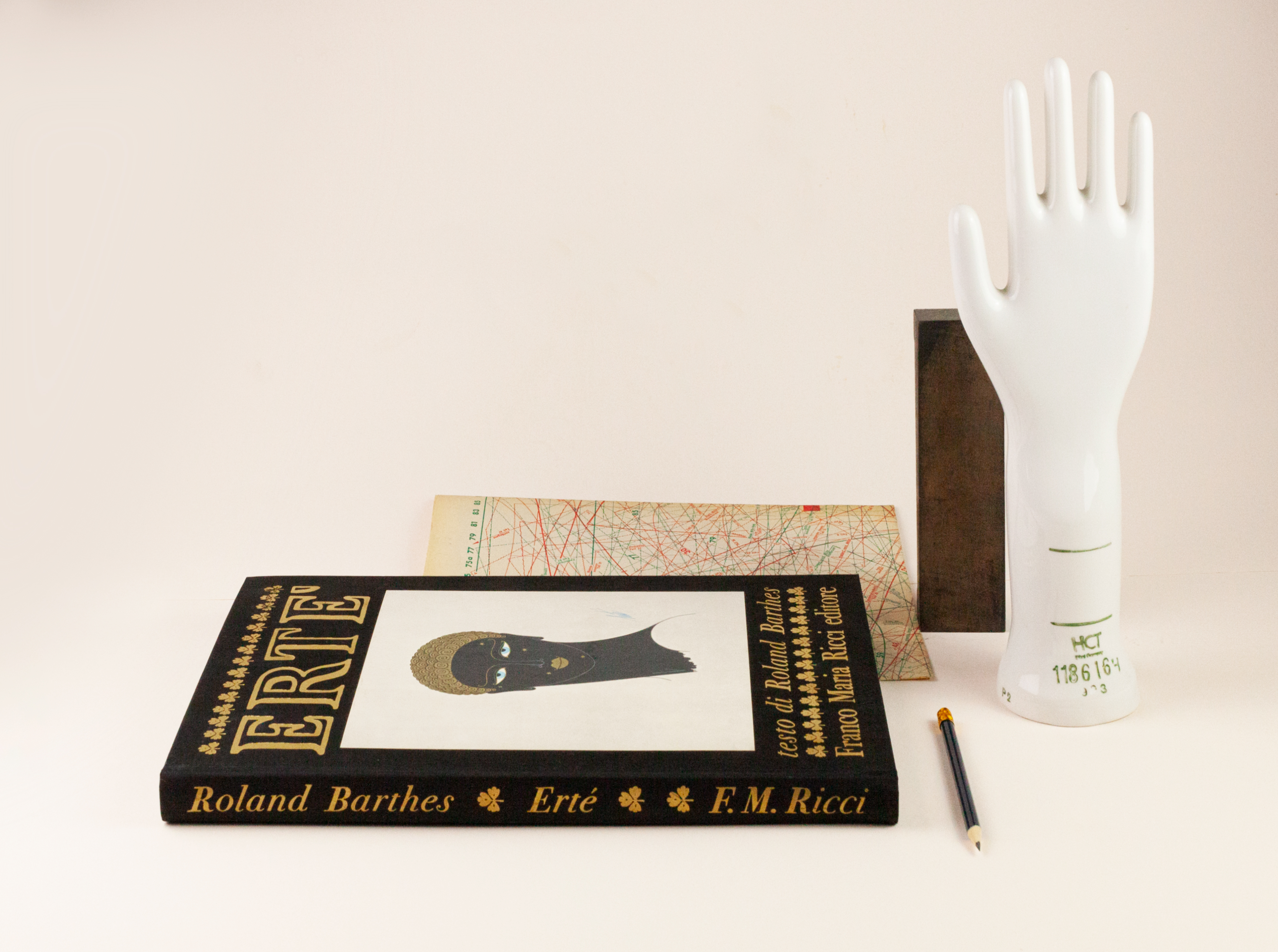 New vision for Franco Maria Ricci’s art publishing legacy
New vision for Franco Maria Ricci’s art publishing legacyItalian art collector and publisher Franco Maria Ricci passed away in September 2020. His nephew Edoardo Pepino was entrusted with his artistic legacy, including the world’s biggest bamboo maze and Ricci’s eponymous publishing house, which is set for a relaunch in late 2021
By Maria Cristina Didero